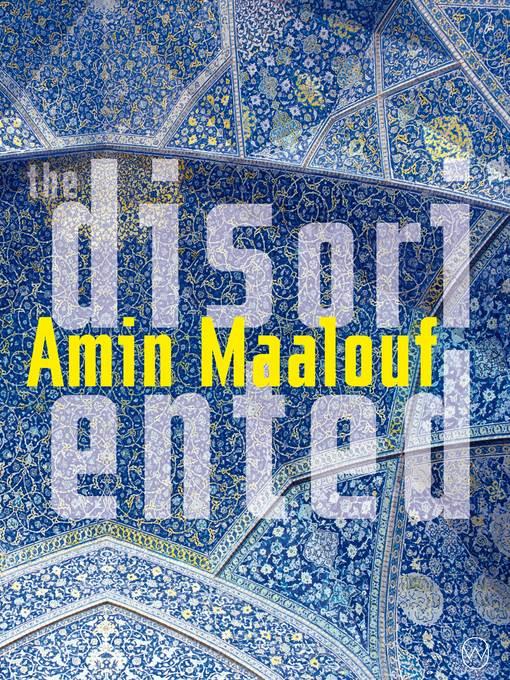
The Disoriented
کتاب های مرتبط
- اطلاعات
- نقد و بررسی
- دیدگاه کاربران
نقد و بررسی

April 1, 2020
In Paris, where he has long lived, Lebanese-born Adam is awakened before dawn by a phone call informing him that his once-close friend Mourad is near death. They have been estranged for reasons that slowly emerge, but Adam immediately boards a plane and arrives in Beirut before midnight. He's too late, but the tensions provoked by his return and his reluctance to speak at Mourad's funeral compel him to remain surreptitiously in the country and explore both his past and Lebanon's present. Adam's journey unfolds partly through old letters he's kept and notebooks he fills with reflections, which helps him articulate the existential crisis entailed by self-exile and the seismic shift he's experiencing now. VERDICT Having moved from Beirut to Paris with the outbreak of the Lebanese Civil War, the Prix Goncourt-winning Maalouf (The Rock of Tanios) deftly lets us know how the changes wrought by time's passage really feel, especially when one has traded continents and cultures.
Copyright 2020 Library Journal, LLC Used with permission.

March 1, 2020
An exile returns home to a land still torn apart by civil war 25 years afterward. Think The Big Chill in Beirut with some of the sex but little of the lightheartedness in Jeune Afrique editor-in-chief Maalouf's charged novel. Adam, whose name, he records in his overflowing notebooks, "encompasses all of nascent humanity, yet I belong to a humanity that is dying," receives a phone call in Paris, where he has been living since leaving his native Lebanon in a time of conflict. His friend Mourad lies dying, Mourad's wife tells Adam, and wants to see him before he dies. Adam is reluctant: We haven't spoken for years, he protests. Nonetheless, he travels home to a place he barely recognizes. Just what drove the two friends apart emerges slowly, and as friends gather to commemorate Mourad's passing, they wistfully remember a time when, as Adam recalls, "My friends belonged to all denominations and each made it a duty, a point of pride, to mock his own--and then, gently, those of the others." The gentleness is long past, as an Arab jihadi pointedly tells Adam. For his part, Adam, a historian who is years overdue delivering a commissioned biography of Attila, admits to knowing more about Caesar and Hannibal than about his own circle. He begins to chase down the details of their lives--but, as his partner in Paris chides, "I know you, Adam. You'll fill hundreds of pages with stories of your friends, but it will all end up mouldering in a drawer." Those stories are inevitably ones of dreams dashed and new realities substituted for them: a woman with whom he has a fitful affair wanted to become a surgeon but instead winds up as what Adam calls a "chatelaine," that is, a hotel manager; another, a man of the world, withdraws to a monastery; a third, whose "long curly hair was more white than gray" now, has moved across the world to Brazil; and so on. None is particularly happy--and the story, fittingly, ends on a tragic, uncertain note. A thoughtful, philosophically rich story that probes a still-open wound.
COPYRIGHT(2020) Kirkus Reviews, ALL RIGHTS RESERVED.

























دیدگاه کاربران